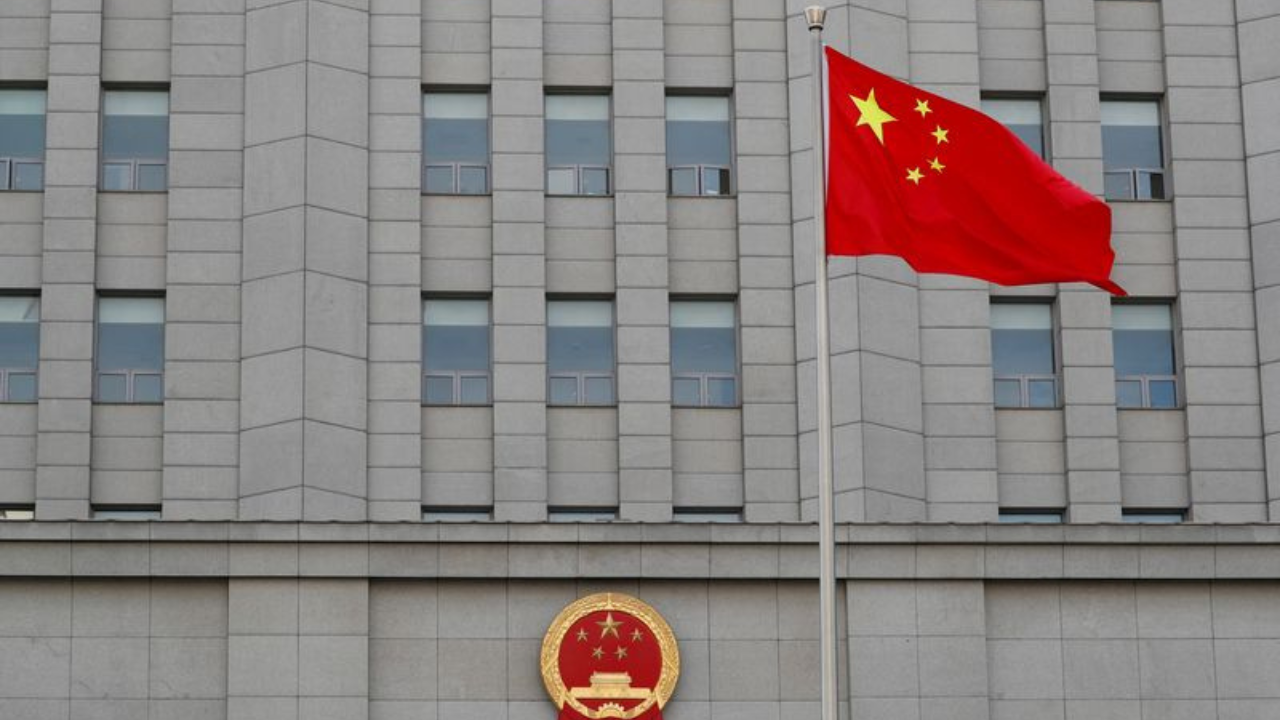In September, Rahm Emanuel, the US ambassador to Japan, used social media platform X to compare the recent series of disappearances among high-ranking Chinese officials to the plot of Agatha Christie’s renowned mystery novel “And Then There Were None,” where guests at a British mansion meet with unexplained deaths one by one.
Now, Chen Shaojie, the chief executive of the livestreaming firm DouYu, and Zhao Bingxian, chairman of Shandong Wohua Pharmaceutical, have joined the list of those who have vanished. According to a Wall Street Journal report, Chen has been unreachable since October. DouYu, a Nasdaq-listed company partly owned by Chinese tech giant Tencent, has not commented on Chen’s status but maintains that its “business operations remain normal.” Meanwhile, Shandong Wohua Pharmaceutical disclosed that Zhao has been detained for an investigation, though the company itself is not involved, the WSJ report said.China’s foreign and defense ministers also disappeared from public view this summer before being removed from their posts, highlighting the opaque governance under Xi Jinping.
Qin Gang: China sacks foreign minister after unexplained absence, reinstates Wang Yi as new foreign minister
The reasons behind these disappearances remain unclear. These incidents are part of a broader pattern. High-profile figures, including investment banker Fan Bao, have also vanished or been detained. This unsettling trend has led to a significant outflow of profits from China, with foreign companies withdrawing over $160 billion in earnings in the face of slowing economic growth and rising geopolitical tensions, the WSJ report said.
“China prioritizes politics over economics and business, and its leaders have repeatedly said so, but many in the business community chose to ignore it or simply brush it aside as just another example of political talk without practical implications,” Zhiwu Chen, a professor and chair of finance at the University of Hong Kong’s business school, told the WSJ. “Now, they have learned the lessons and some are no longer willing to invest in new business.”
The crackdown has also impacted foreign businesses. The Chinese government has attempted to reassure businesses and investors, with senior officials meeting top entrepreneurs and issuing plans to support the private sector. However, business leaders remain uneasy due to the unpredictable political climate and the use of arbitrary detentions, the WSJ report said.
These developments are part of a broader regulatory crackdown under Xi, affecting not just business leaders but also high-ranking political figures and well-connected entrepreneurs. The situation reflects increasing concerns about China’s governance and its impact on both domestic and international business confidence.
